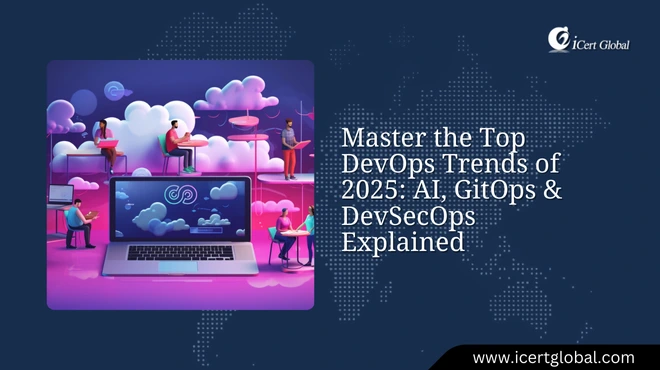Latest Articles
Zero click searches explained. Winning Google Snippets to boost visibility.
Modern SEO success means embracing zero-click searches by optimizing content for Google snippets, helping you dominate s...
Starting your cloud career:Best certifications to begin with.
The growing importance of cloud storage highlights the value of earning certifications that can launch and accelerate yo...
Blockchain beyond crypto: transforming supply chain and finance in 2025
Getting started with blockchain has never been easier, and understanding its role beyond crypto reveals how it’s t...
Sustainability in Project Management: A Step Towards Greener Business Practices
The latest project tracking software empowers teams to streamline workflows while integrating eco-conscious strategies, ...
2025 and the Next Chapter of Google AI: How Multimodal AI is Changing the Game
This evolution of AI shows how deeply multimodal intelligence is woven into Google’s vision, setting a new standar...
How Deep Learning Powers the Multimodal AI Revolution
From powering voice assistants to driving the multimodal AI revolution, deep learning is making smart devices more intui...
Top Cybersecurity Threats in 2025 and How to Protect Your Business
As cybercriminals leverage AI-driven attacks and advanced phishing schemes, organizations must evolve their defenses to ...
How GitOps is Revolutionizing Kubernetes Management
In a recent study created by the Cloud Native Computing Foundation (CNCF), 43% of teams struggle with complexity managem...
Zero Trust Architectures: The New Standard for Enterprise Security in 2025
Zero Trust Architecture is no longer optional; it’s a strategic necessity for organizations aiming to stay ahead o...
Key DevSecOps Trends to Keep an Eye on in 2025
Staying ahead in 2025 means combining the most in-demand cybersecurity skills with emerging DevSecOps trends to ensure s...
Emerging Technologies That Will Disrupt Quality Management in 2025
Emerging technologies that will disrupt quality management in 2025 build on the same momentum driving the top breakthrou...
Master the Top DevOps Trends of 2025: AI, GitOps & DevSecOps Explained
Why cloud storage is essential today becomes even clearer when we look at the top DevOps trends of 2025—AI, GitOps...



.jpg)








.webp)







